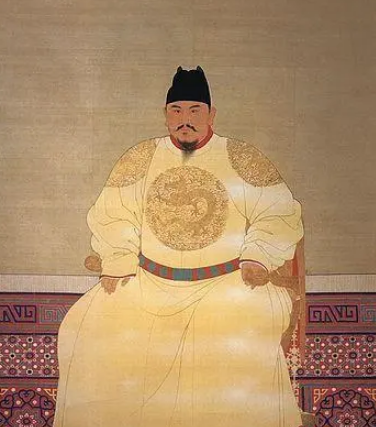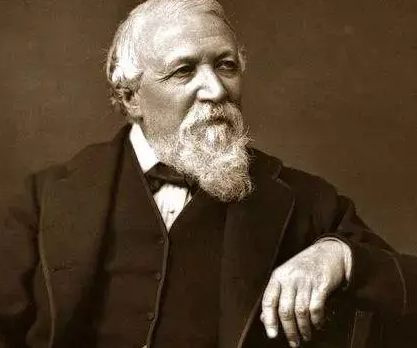In the ancient history of China, the relationship between the feuding and alliance of the vassal states was intricate. Xinling Jun, as a nobleman and famous politician of the State of Wei during the Warring States period, his life was full of legendary colors. The reason why he took the action of stealing the token to rescue Zhao was not only out of sympathy for Zhao, but also based on a profound consideration of the long-term interests of Wei.

Xinling Jun, whose real name was Wu Ji, was the son of King Wei Zhao. He lived in an era full of war and change during the Warring States period. At that time, although Wei was a powerful state, neighboring countries such as Qin and Zhao were constantly growing stronger, posing a threat to Wei. Against this backdrop, Xinling Jun's political wisdom and diplomatic strategy were particularly important.
Zhao was also a formidable force among the seven great powers of the Warring States period. When Zhao faced a crisis, if Wei did not lend a helping hand, Zhao might be destroyed by other countries, which would directly disrupt the balance among the states during the Warring States period and be an unfavorable situation for Wei. Xinling Jun was well aware of this, so he believed that saving Zhao was not only for Zhao's benefit, but also to safeguard Wei's national interests.
However, why did Xinling Jun choose to adopt the extreme measure of "stealing the token"? This stemmed from the power struggle within the court of the State of Wei at that time. Although Xinling Jun had lofty political aspirations, his opinions were not always accepted by the King of Wei. Under such circumstances, Xinling Jun chose an extraordinary means - stealing the military token and secretly dispatching troops to rescue Zhao. Although this act was risky, it also demonstrated his profound concern and commitment to the fate of the country.
Xinling Jun's act of stealing the token to rescue Zhao ultimately succeeded, not only saving Zhao from crisis but also enhancing Wei's international status. His actions were later praised as a model of loyalty, wisdom, and bravery. However, the ending of Xinling Jun was not perfect. He was exiled for offending the authority of the King of Wei and eventually died in a foreign land.
In summary, Xinling Jun's act of stealing the token to rescue Zhao was not purely motivated by internationalism, but was based on a profound understanding of Wei's national interests and the embodiment of his personal political ambitions. His story teaches us that in complex international relations, a country's actions often need to consider various factors, and excellent politicians should possess forward-looking strategic vision and the courage to take responsibility. Although the life of Xinling Jun had a tragic tint, his wisdom and courage are still worth learning and remembering today.
Disclaimer: The above content is sourced from the internet and the copyright belongs to the original author. If there is any infringement of your original copyright, please inform us and we will delete the relevant content as soon as possible.
































